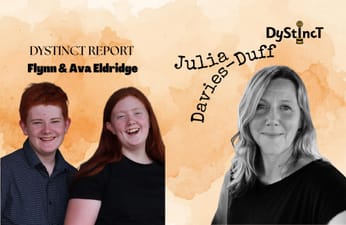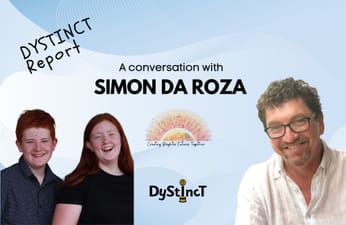Evidence Matters
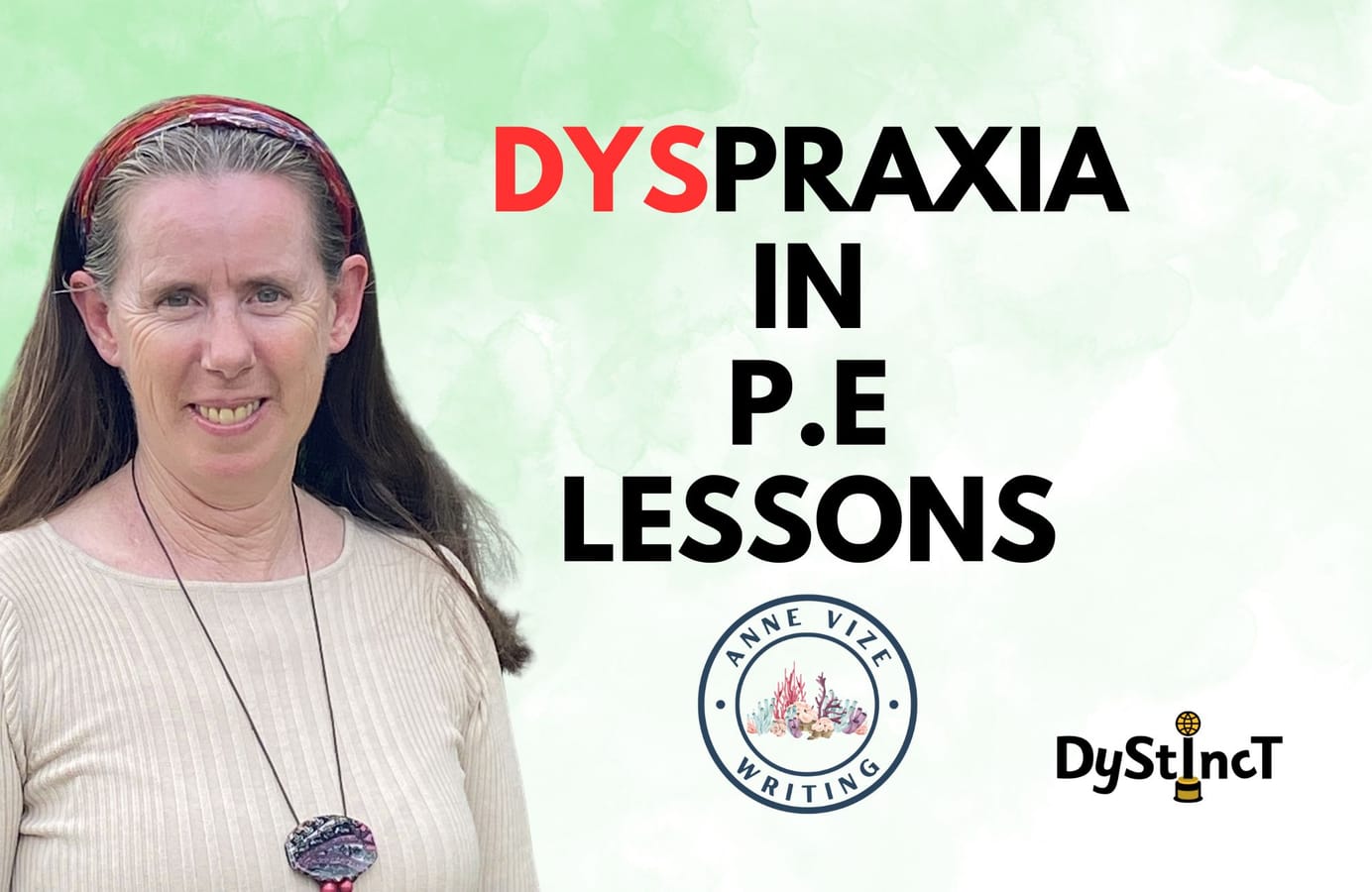
Issue 27: Dyspraxia in PE lessons | Anne Vize Paid Members Public
Anne shares practical strategies for making Physical Education lessons more inclusive for students with dyspraxia, showing how a thoughtful ‘notice and adjust’ approach from warmups and skill-building activities to cool downs can help PE teachers create supportive and engaging environments.
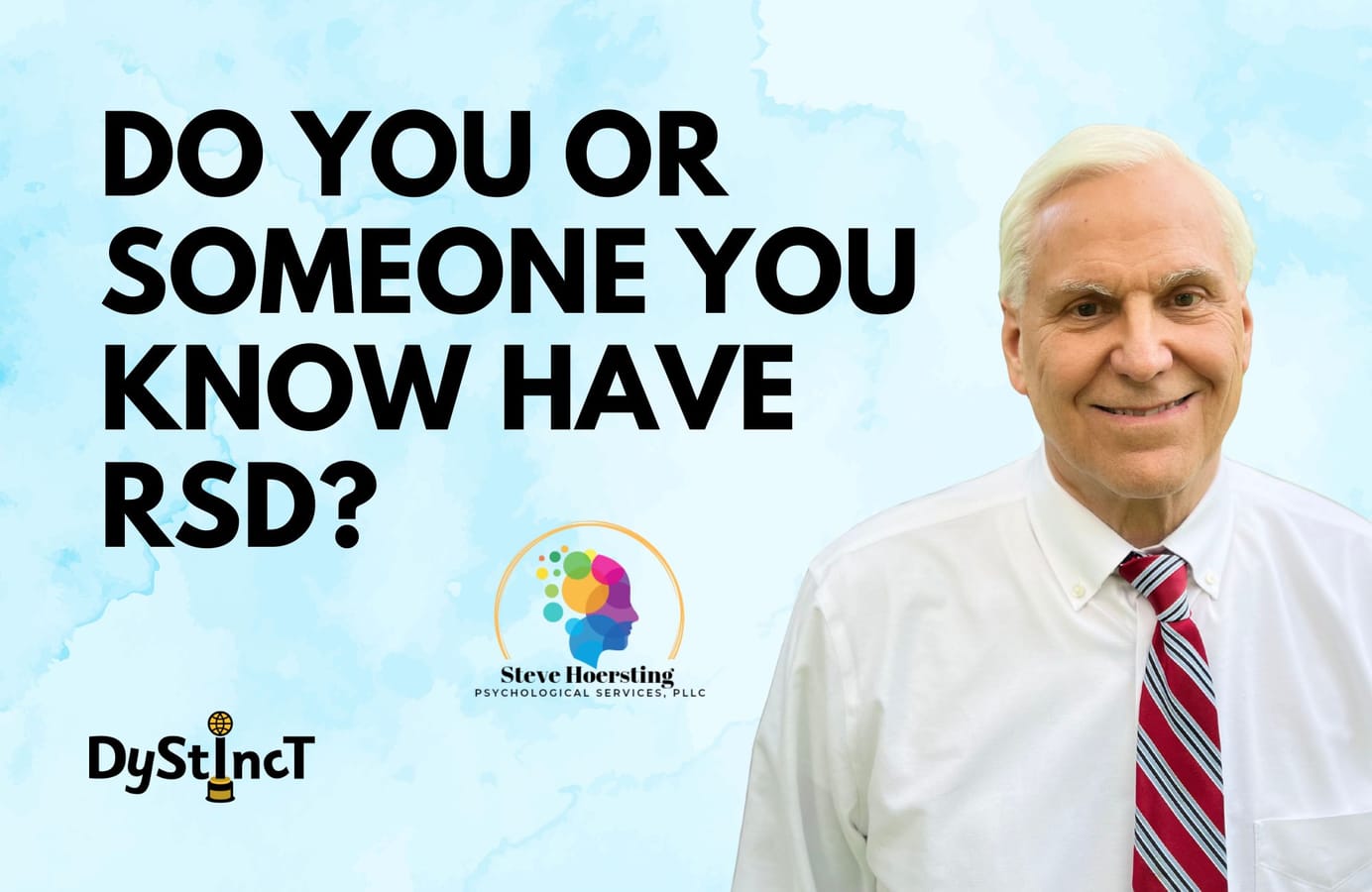
Issue 27: Do you or someone you know have RSD? Steve Hoersting Paid Members Public
Steve Hoersting, a licensed psychological practitioner, unpacks the roots and realities of Rejection Sensitive Dysphoria (RSD), especially in neurodivergent individuals. He offers insight into how early criticism can shape deep-seated beliefs and shares practical tools like CBT and mindfulness.
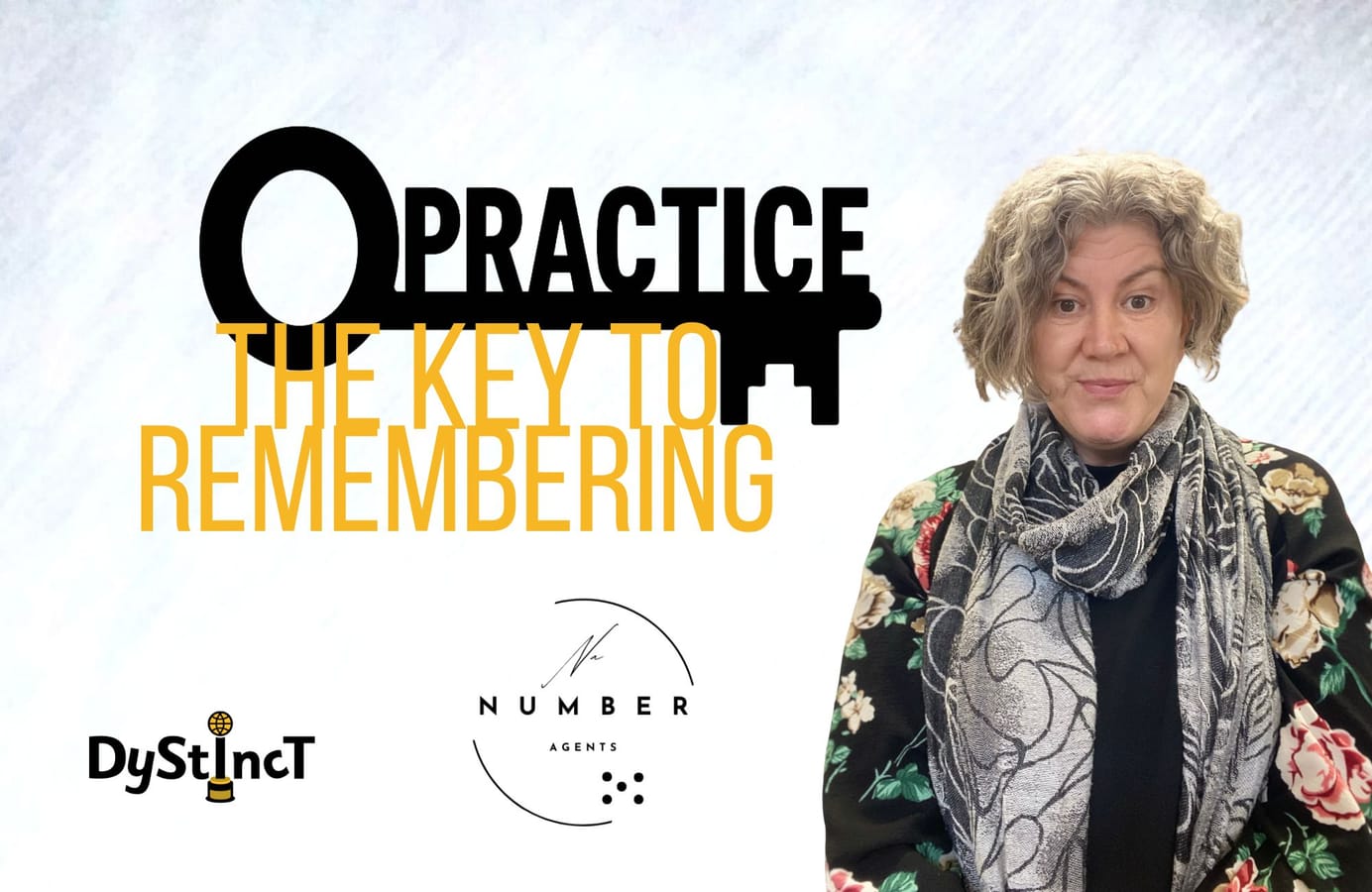
Issue 27: Practice, the Key to Remembering | Leslee Allen Paid Members Public
Leslee Allen explains why consistent, deliberate practice is essential for helping students remember and apply what they learn, and shares practical, research-informed strategies such as spaced practice, incremental rehearsal, and writing fluency routines that support all learners.
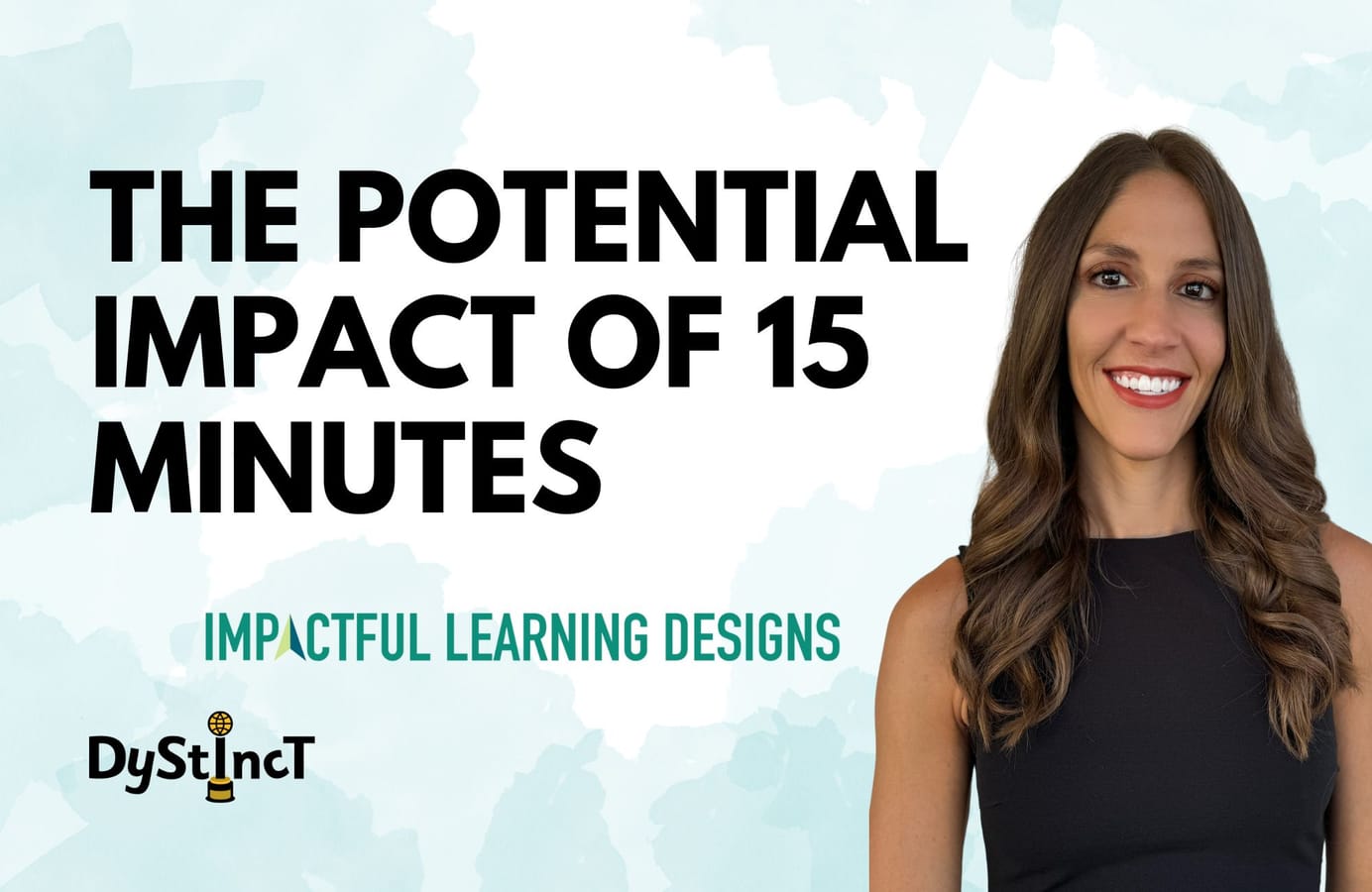
Issue 27: The Potential Impact of 15 Minutes | Dr Jennifer Throndsen Paid Members Public
Dr Jennifer introduces dyad reading, a simple and evidence-based strategy where a stronger reader and a developing reader read aloud together, showing how just 15 minutes a day with appropriately challenging text can significantly boost fluency, comprehension, and confidence in struggling readers.
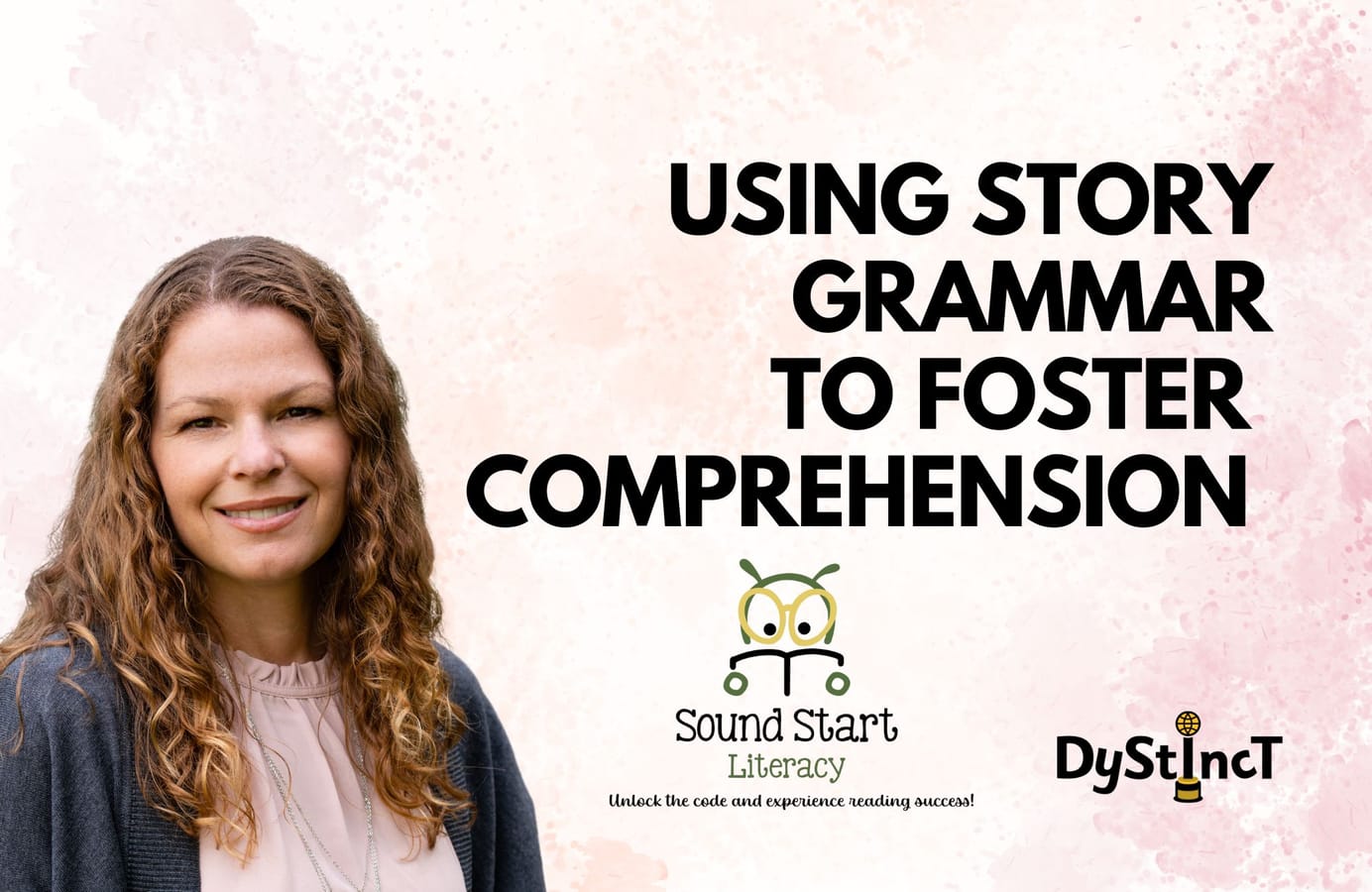
Issue 27: Using Story Grammar to Foster Comprehension | Jennifer Cerra Paid Members Public
Jennifer Cerra shares how teaching story grammar, a structured approach to understanding narrative elements, can help struggling readers, especially those with dyslexia, build comprehension, reduce cognitive load, and connect more deeply with stories.
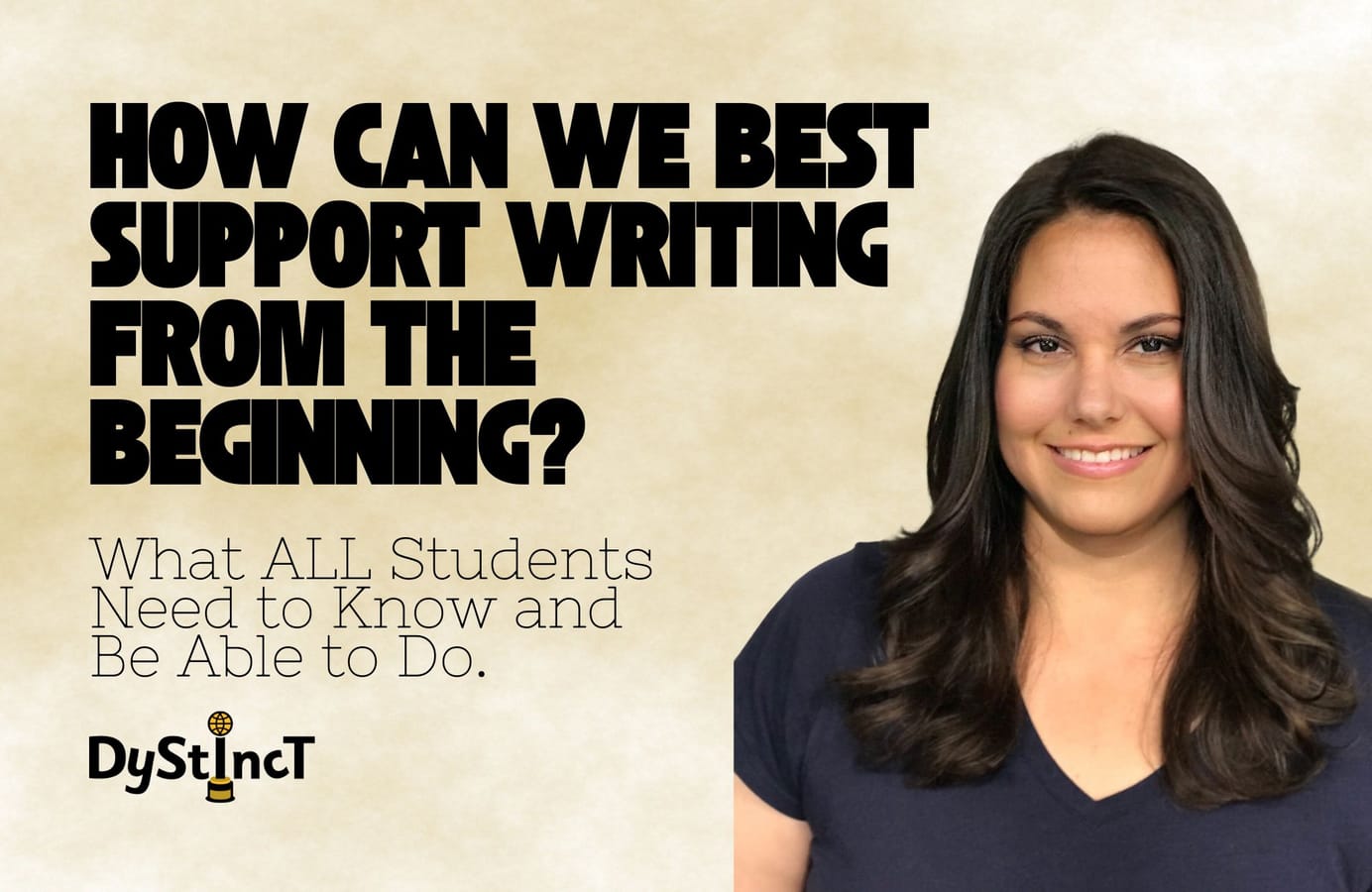
Issue 27: How Can We Best Support Writing from the Beginning? What ALL Students Need to Know and Be Able to Do | Amy Siracusano Paid Members Public
Amy Siracusano offers research-based insights into the foundational writing skills students need to succeed, highlighting the importance of explicit instruction in transcription skills such as handwriting and spelling, along with early support for oral language and fine motor development.
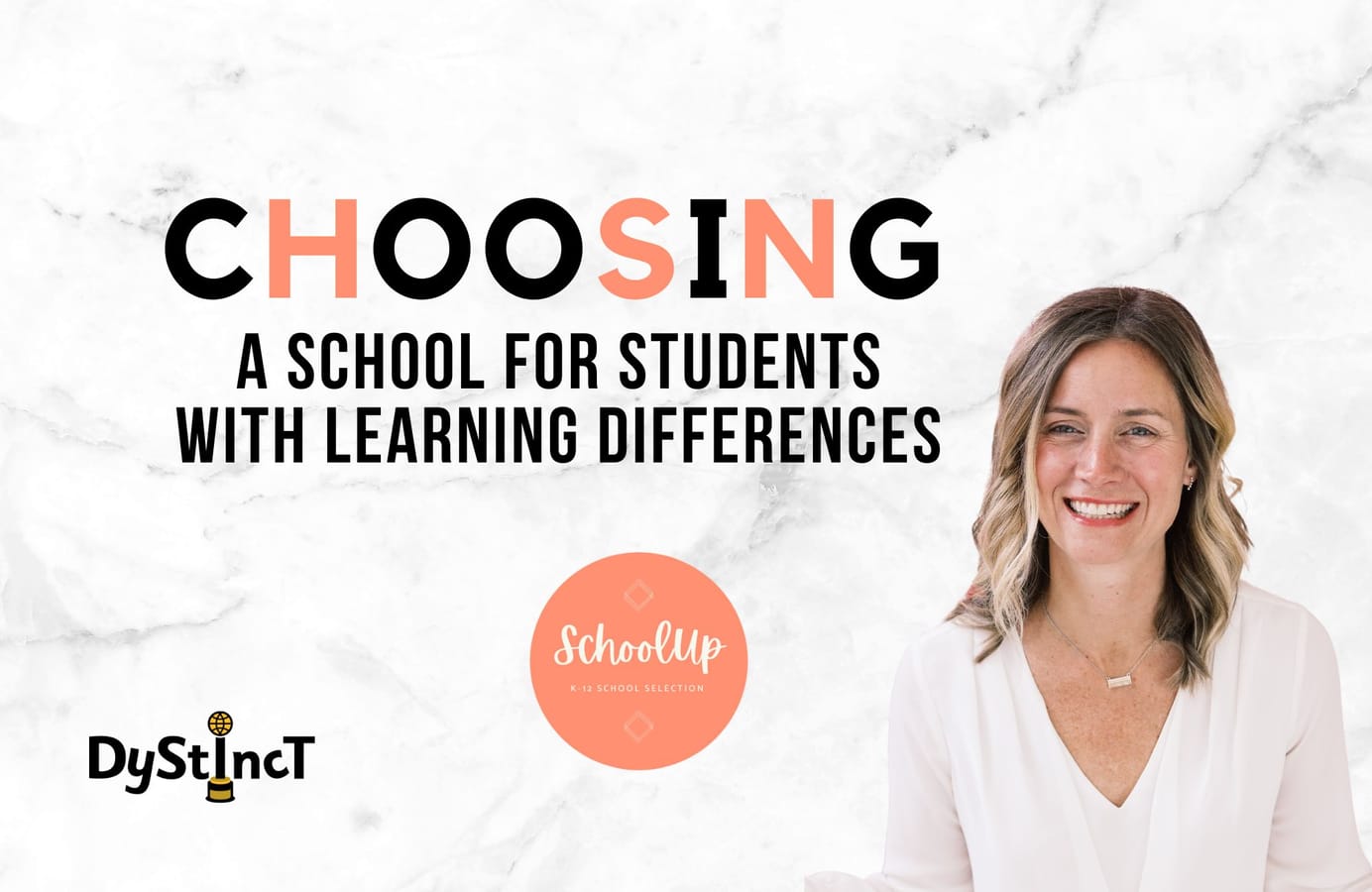
Issue 26: Choosing a school for students with learning differences | Libby Taylor | School Up Paid Members Public
Libby Taylor guides parents through the school selection process, emphasising that the best choice for students, especially those with learning differences, is one that fits their unique needs, learning style, and family values.
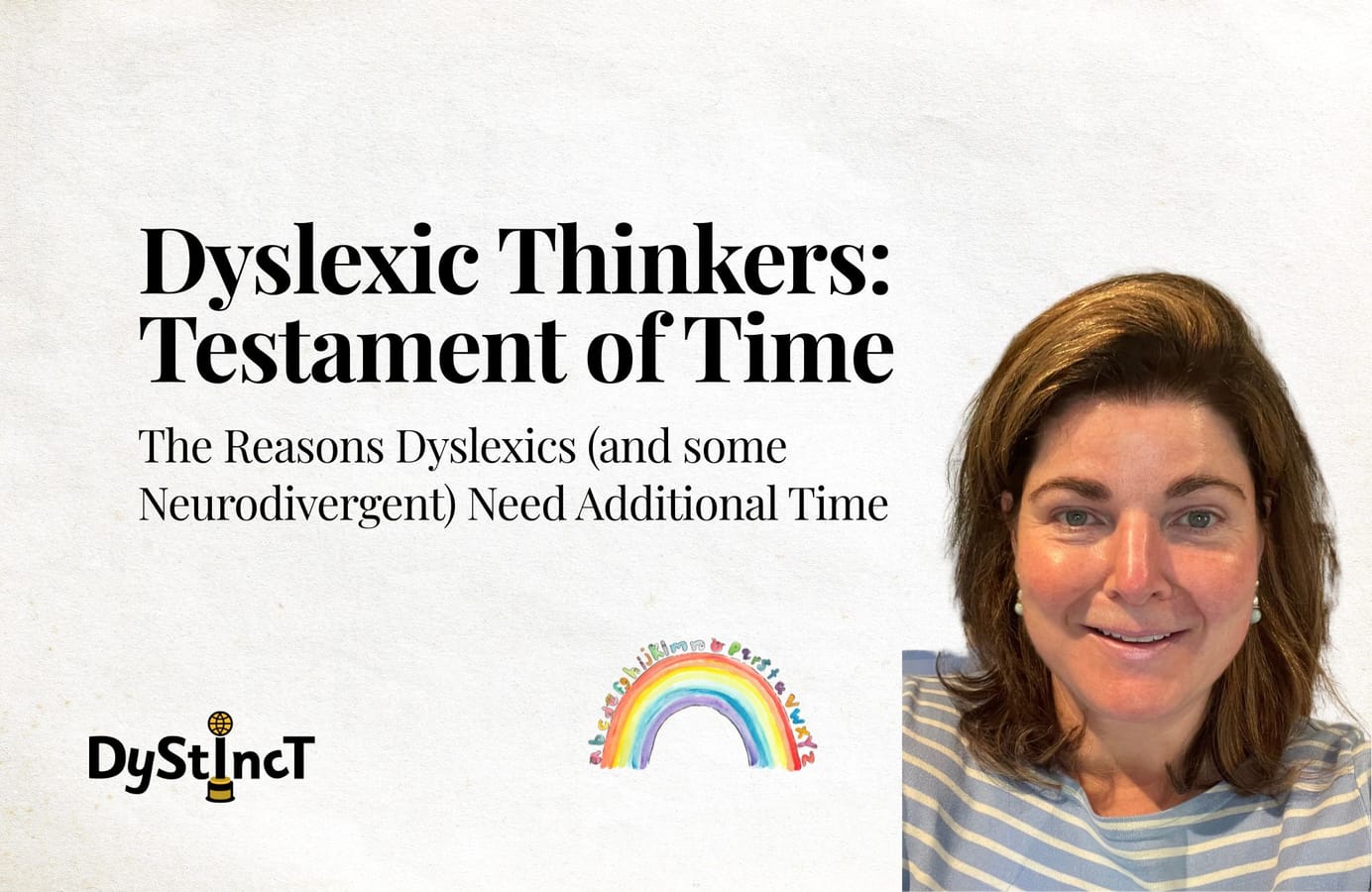
Issue 26: Dyslexic Thinkers: Testament of Time - The Reasons Dyslexics (and some Neurodivergent) Need Additional Time | Georgie Cooney | Dyslexia Spell Paid Members Public
Georgie Cooney, dyslexia specialist, explains why additional time is essential for dyslexic and neurodivergent learners, whose processing differences require more time to read, write, and spell, emphasising that with this support, they can thrive and reach their potential.


